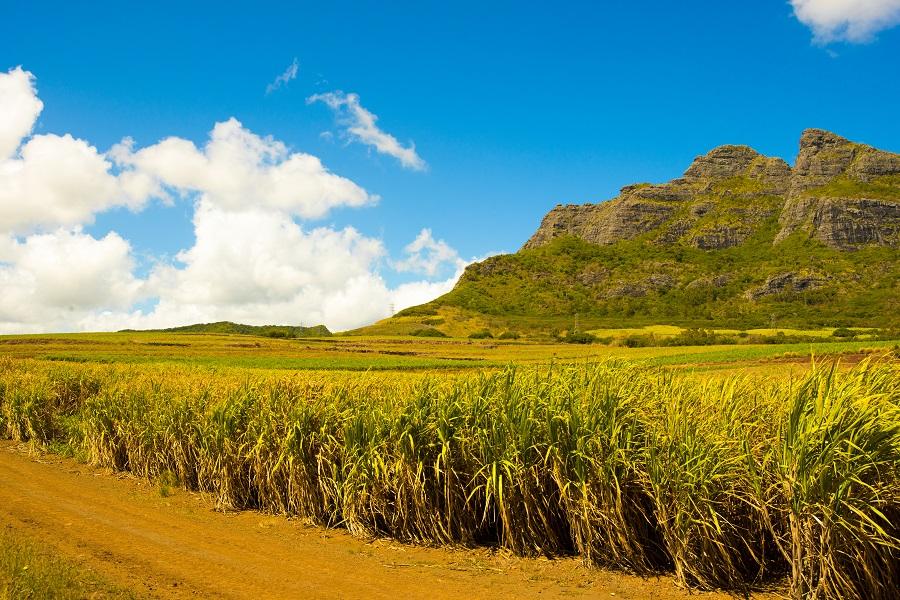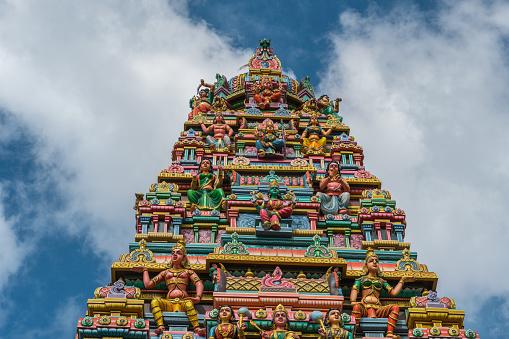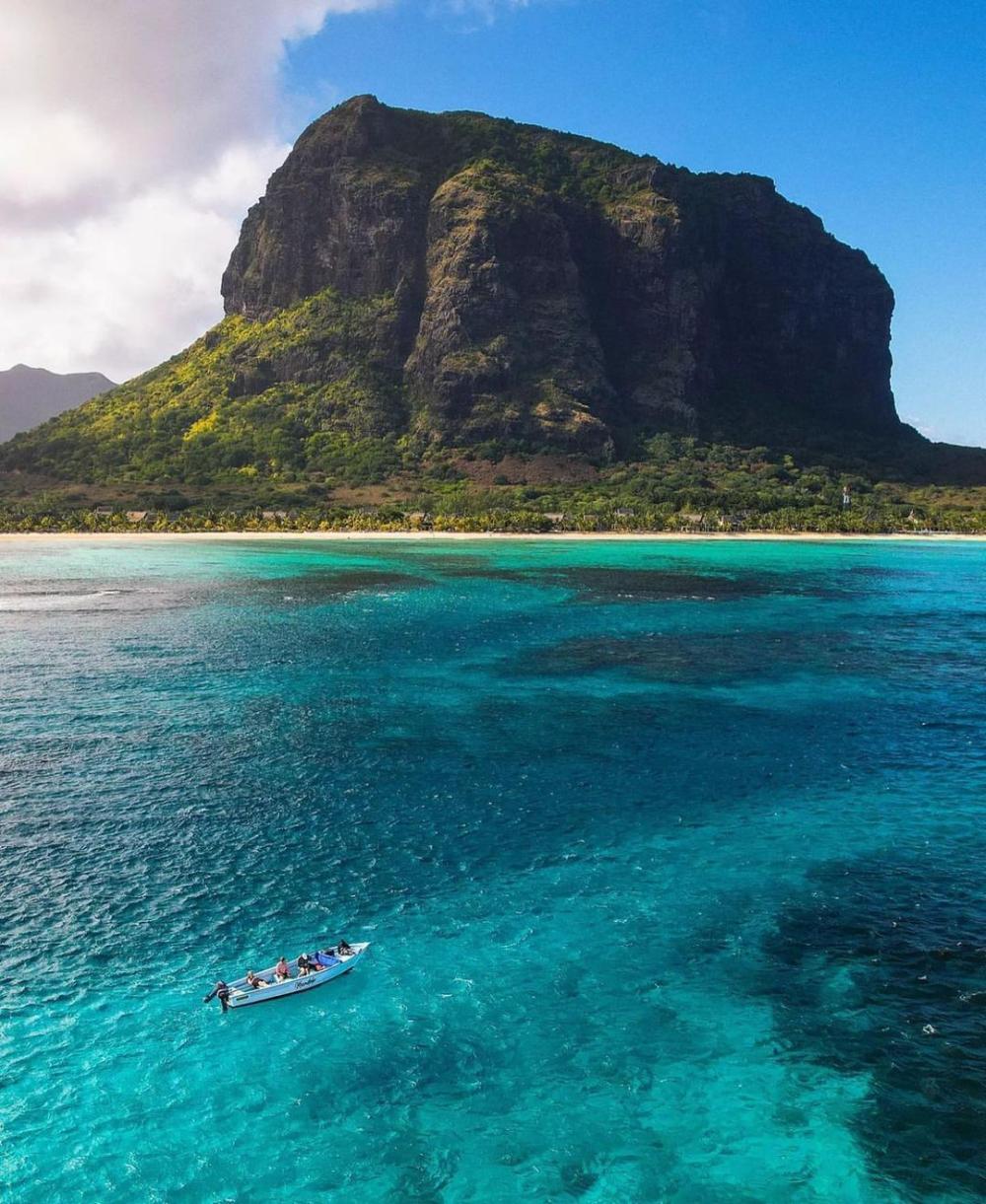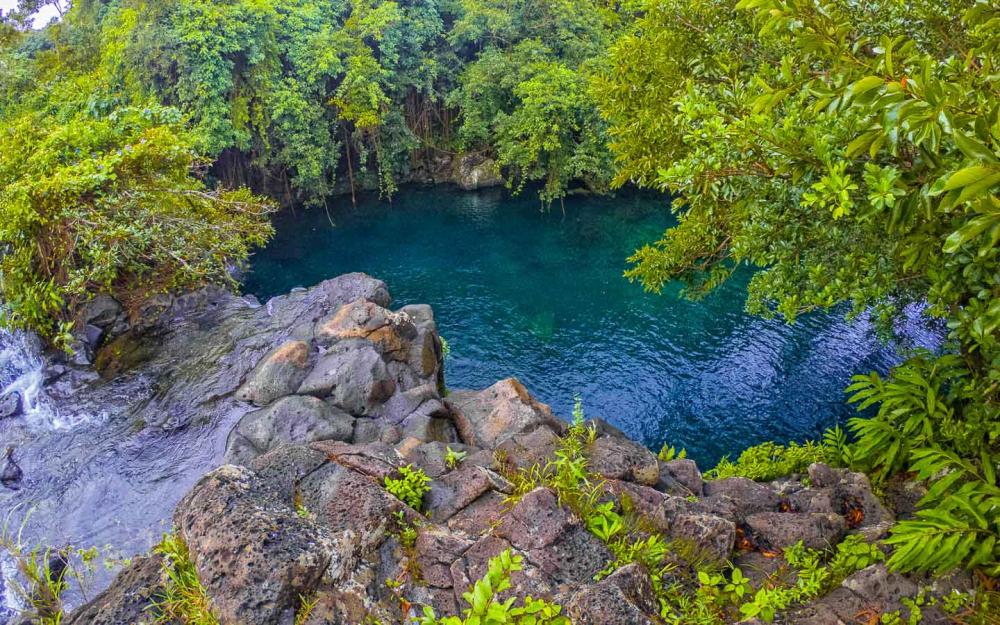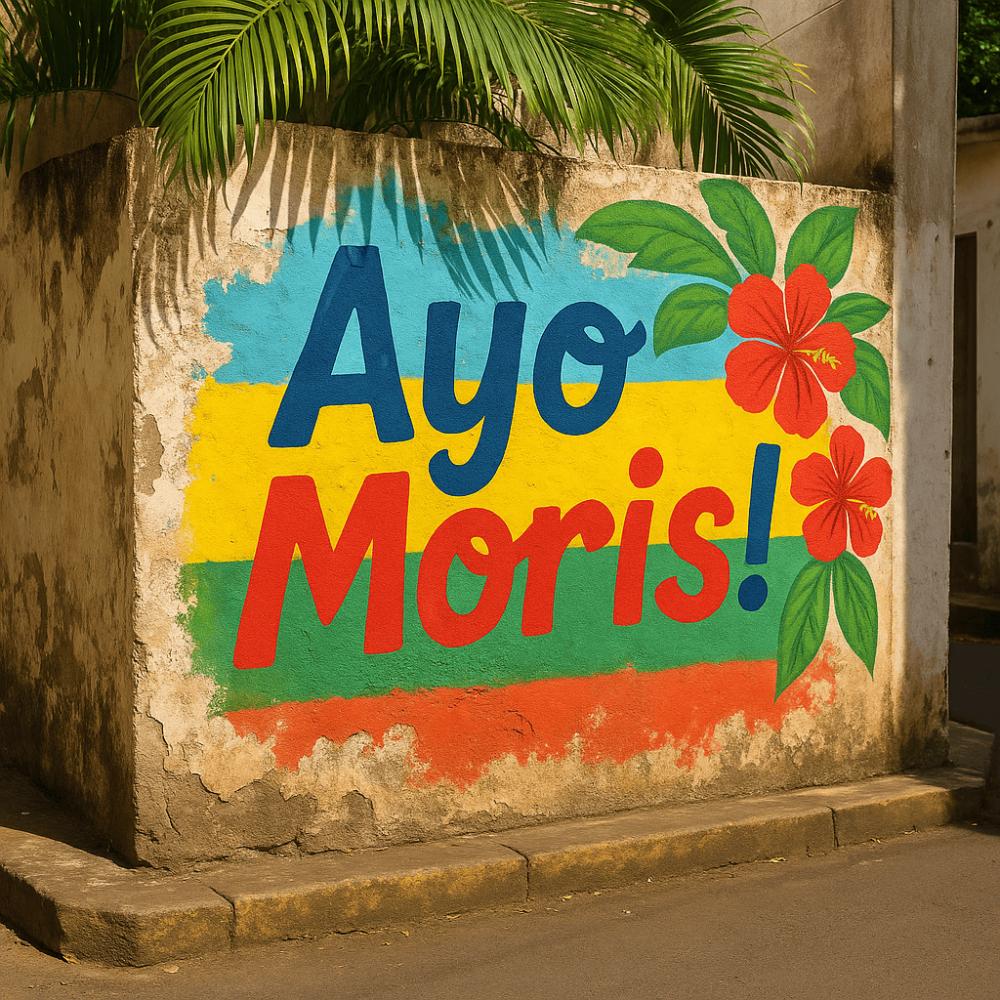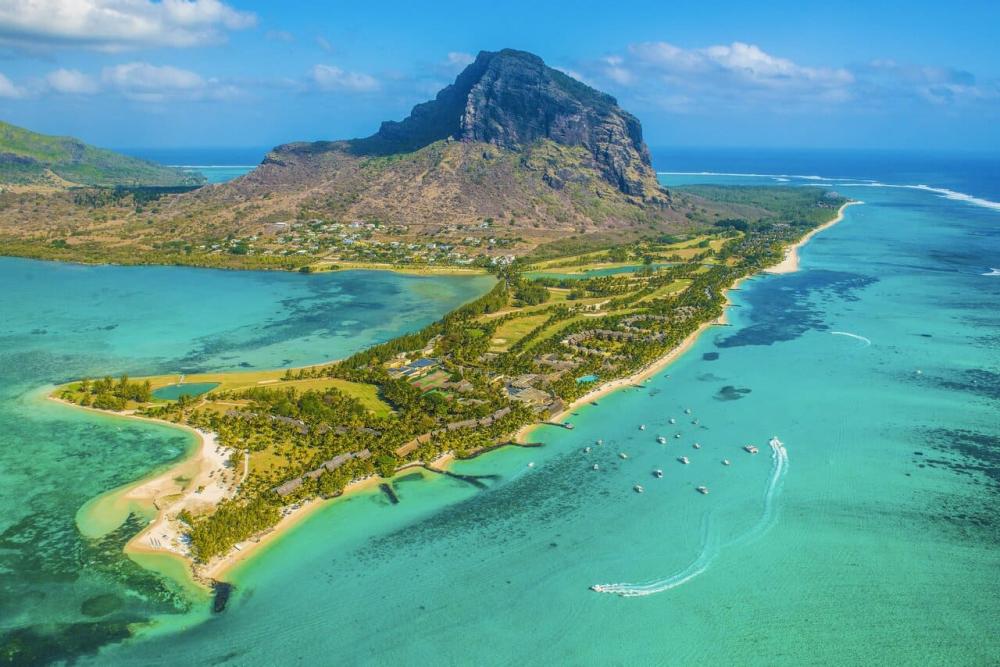By Idyllic Tour Vibes
Mauritius, a tropical paradise in the Indian Ocean, is renowned for its beautiful beaches, lush landscapes, and vibrant culture. However, behind its stunning scenery lies a fascinating history shaped by various cultures, peoples, and significant events. In this blog, we’ll take a journey through the history of Mauritius, exploring its colonial past, the evolution of its diverse society, and the island's journey to independence.
Early Settlers and the Arrival of the Dutch
The first known inhabitants of Mauritius were the Arab traders in the 9th century, who used the island as a stopover on their trade routes. However, it was not until the Dutch arrived in the 17th century that the island became a more notable part of global history. The Dutch settled in Mauritius in 1598, using the island for its rich natural resources, including timber, and as a strategic location for trade. Unfortunately, their settlement was short-lived, as they abandoned the island in 1710 due to difficult conditions, including cyclones and the lack of fresh water.
The French Era: The Rise of the Sugar Industry
In 1715, Mauritius was claimed by the French East India Company, marking the beginning of French rule over the island. The French established plantations, introducing sugarcane as the island’s main crop. This period saw the development of the island's infrastructure, with ports, roads, and towns being established, and the island became a vital part of France's colonial empire.
The French also brought enslaved people from Africa and Madagascar to work on the sugar plantations, which formed the first significant wave of migration to the island. Alongside enslaved Africans, a large number of Indians (mainly from Tamil Nadu) also arrived in the early 19th century as indentured laborers after the abolition of slavery in 1835. These diverse groups contributed significantly to the social and cultural fabric of the island.
British Rule: The Colonial Shift
In 1810, after the Napoleonic Wars, Britain took control of Mauritius from France under the Treaty of Paris. British rule continued to shape the development of the island, particularly the continuation of the sugar trade. During this period, the British introduced the Indian indentured labor system to replace the African slaves. Indian laborers arrived in large numbers, and this migration played a key role in the creation of the multicultural society we see in Mauritius today.
The British also introduced key reforms in the political system, gradually moving toward a more representative government. The island was governed as a British colony until 1968, with significant social and political changes occurring in the lead-up to independence.
The Road to Independence: A New Era
The struggle for self-governance in Mauritius began in the early 20th century. The island's political landscape was changing, with a growing push for independence led by local political leaders. Sir Seewoosagur Ramgoolam, known as the "Father of the Nation," played a central role in advocating for Mauritius’ independence. After years of political negotiation and social activism, Mauritius gained full independence from Britain on March 12, 1968.
Following independence, Mauritius became a Republic in 1992, with a system of government that combined elements of both parliamentary and presidential systems. The country’s journey to independence is celebrated every year on March 12, with a national holiday that reflects the island’s newfound freedom and unity.
A Melting Pot of Cultures
One of the most unique aspects of Mauritius’ history is the creation of its multicultural society. The island has been home to various ethnic groups, including Creoles, Indo-Mauritians, Sino-Mauritians, and Franco-Mauritians, all of whom brought their own traditions, languages, and religions. Today, the island’s population includes people of Indian, African, Chinese, and European descent, which has led to a rich and diverse culture.
Mauritius is known for its religious tolerance, with communities practicing Hinduism, Christianity, Islam, and Buddhism. This diversity is celebrated throughout the year with numerous festivals, including Divali, Chinese New Year, Eid, and Christmas, making the island a vibrant mosaic of traditions and celebrations.
Modern Day Mauritius
Today, Mauritius is a thriving democratic republic, known for its political stability, economic growth, and beautiful landscapes. The island has moved from an agrarian-based economy to a more diversified one, with a booming tourism industry, a strong financial sector, and a developing tech industry. Mauritius is often hailed as a success story in terms of its development, social harmony, and environmental conservation efforts.
With a focus on eco-tourism, Mauritius is also dedicated to preserving its unique natural environment, including its stunning beaches, coral reefs, and endemic wildlife. At Idyllic Tour Vibes, we aim to showcase the island’s beauty, history, and culture in a way that respects the environment and benefits local communities.
---
Mauritius has a rich, diverse, and multi-layered history that has shaped its present-day identity. From its early settlers to its colonial past, the journey to independence, and its modern-day achievements, Mauritius is a fascinating island that continues to evolve. As you explore Mauritius, take a moment to reflect on the island's deep history and the many cultures that have come together to form this vibrant, peaceful nation.
Book your next journey through Mauritius with Idyllic Tour Vibes, and experience the island’s history and culture in a responsible, eco-friendly way.
